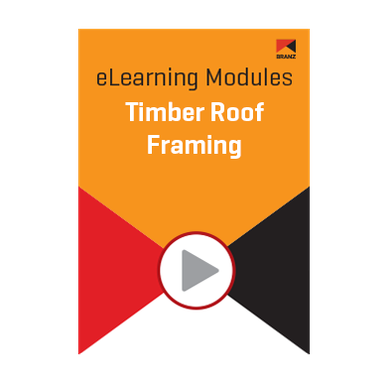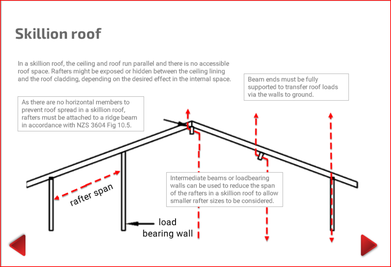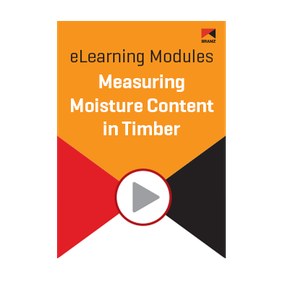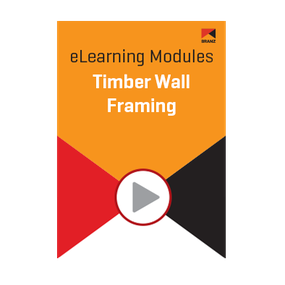

Module: Timber roof framing
Product Description
This module focuses on the concepts and features critical to the design of timber roof framing.
Topics covered in this self-paced module:
- What types of framed roof construction are there?
- What factors affect roof framing construction?
- How does roof framing resist loads?
- Library of useful material
- Did I understand all of this?
Gain 100% in the test at the end of the module, and you'll receive a record of your completion that can be submitted as part of your CPD activity log.
| Publication date | 1 June 2020 |
|---|---|
| Product type | eLearning module |
| Availability | Available |
| Product code | EL022 |
Recommended items
Module: Measuring moisture content in timber
This module focuses on the concepts and features critical to measuring moisture content of timber in buildings.
Topics covered in this self-paced module:
- Why is it important?
- What do I use to measure moisture?
- How do I take the measurements?
- How do I read the measurements?
- What are common problems?
- Library of useful materials
Gain 100% in the test at the end of the module, and you'll receive a record of your completion that can be submitted as part of your CPD activity log.
Module: Timber wall framing
This module focuses on the concepts and features critical to the design of timber wall framing.
Topics covered in this self-paced module:
- What do I need to know before I start?
- How do various loads impact wall framing?
- How do I resist load in a wall frame?
- Library of useful material
- Did I understand all of this?
Gain 100% in the test at the end of the module, and you'll receive a record of your completion that can be submitted as part of your CPD activity log.

